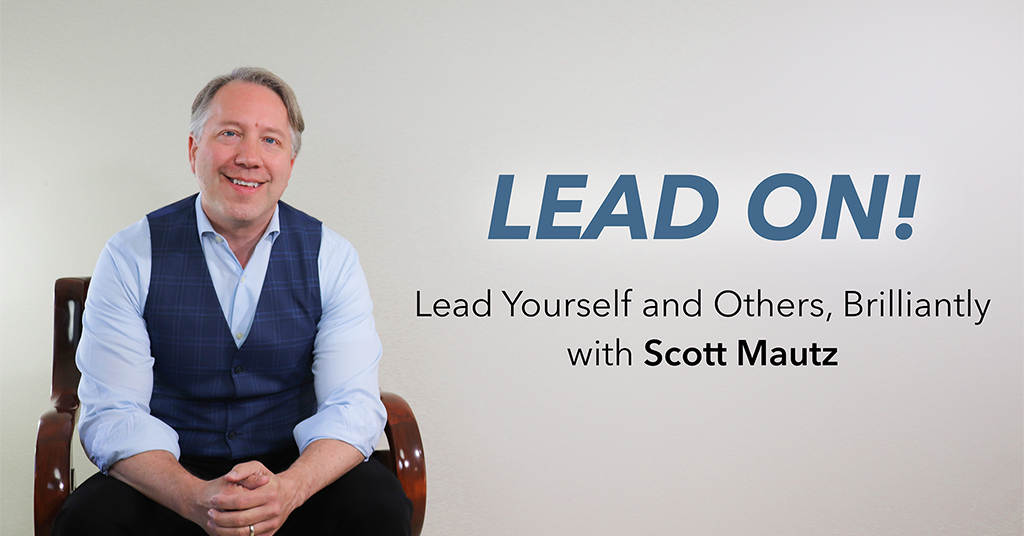
INSIGHTS (on leadership/self-leadership)
You know the importance of granting autonomy, but might not know that research shows there’s a dark side to it. For example, say your boss grants you autonomy on something, but at the first sign of trouble, he/she dives right back in. Or, we can grant autonomy without giving clear direction, training, or resources, setting the recipient up to fail. In other words, we fail to realize it takes work to give away work, to ensure you’re effectively delegating, not effectively dumping, work. Another issue, one social scientist’s call the sandbox paradox, can kick in, whereby the recipients of autonomy take the newfound freedom, run with it, do well with it, then expand its scope, until the delegator jumps back in and says, “Wait a minute, you’re way outside the scope of your autonomy.” To which the empowered respond “Stay out of my sandbox.” You get the idea. To prevent all this trouble, create a document called an “Agreement for Autonomy” that spells out the operating rules for the handover of power. In it, establish the objectives, goals, scope, and success criteria for the delegated work. As the delegator, spell out what you still want to be informed of along the way, and if there are any calls that, in truth, require your consultation first. With the Agreement for Autonomy, empowerment that powers up everyone is in your hands.
IMPERFECTIONS (a mistake I’ve made)
Strong teams believe conflict is beneficial, even essential. They believe conflict requires conviction, and that conviction must be grounded in something worth at least listening to. They know that decisions by default versus debate are decisions undone. And they understand what research shows, that debate directly leads to learning and growth. However, I stunk at encouraging debate as a young manager. I felt uncomfortable with debate, seeing it as a sign of a bad meeting. And, if I’m honest, I feared bad meetings more than bad results. I learned how to embrace and foster healthy debate by encouraging everyone to separate the person from the point. Ever experience an escalating debate fueled by underlying relationship issues? The conflict arises from the relationship, not the idea at hand; points made start feeling like thinly veiled personal attacks. Such discourse must be squashed and redirected back to debate focused on an idea’s merits. I also learned to encourage animated, not heated, debate. Heated debate is argumentative and quickly turns unhealthy. Animated debate is when you get passionate because you care about the issue, and is much more welcomed. Reminding everyone of common goals helps keep things more animated than heated. Lastly, I learned to encourage everyone to be mindful of an open mind, to commend, not condemn, the opposing point of view. General George S. Patton said: “If everybody is thinking alike, then somebody isn’t thinking.” If there’s a stark lack of dissent to what you say and do, it’s a signal that you need to examine your behaviors. Let counterpoints raise interest, not hackles. Recall when you’ve been wrong and remember that conflict ultimately brings smarter and faster resolution.
IMPLEMENTATION (one research-backed strategy, tip, or tool)
I’ve gotten several requests for help on getting out of a victim mentality. We fall into this mindset when we take slights as major offenses, feel someone is out to get us, when we’re overly negative, repetitively see things as unfair, or have a “woe-is-me attitude” all too often. Playing the victim is the most devastating form of disempowerment because the core underlying belief is, “I’m powerless.” Instead, edit your stories, before you tell them. Do your stories focus on problems and end up holding you back, versus focusing on solutions and moving you forward? Do you tell stories underscored with tones of pity and resentment, seeking sympathy? Do you perpetuate your story, making your thing everything, even though we all have our thing? Catch yourself as you start to tell your story, pause, and then change the narrative. Try this time-proven trick to help. When you catch yourself starting a story with a “This is a wayward thing” tone, switch to a more accepting, “This is the way of things” tone. The more neutral approach prevents your emotions from hijacking the way you see your situation, allowing you to turn focus to what you want to do about the situation. As one psychiatrist asks, “Do you just want it to change? Or, do you want to change it?”




Leave a Reply